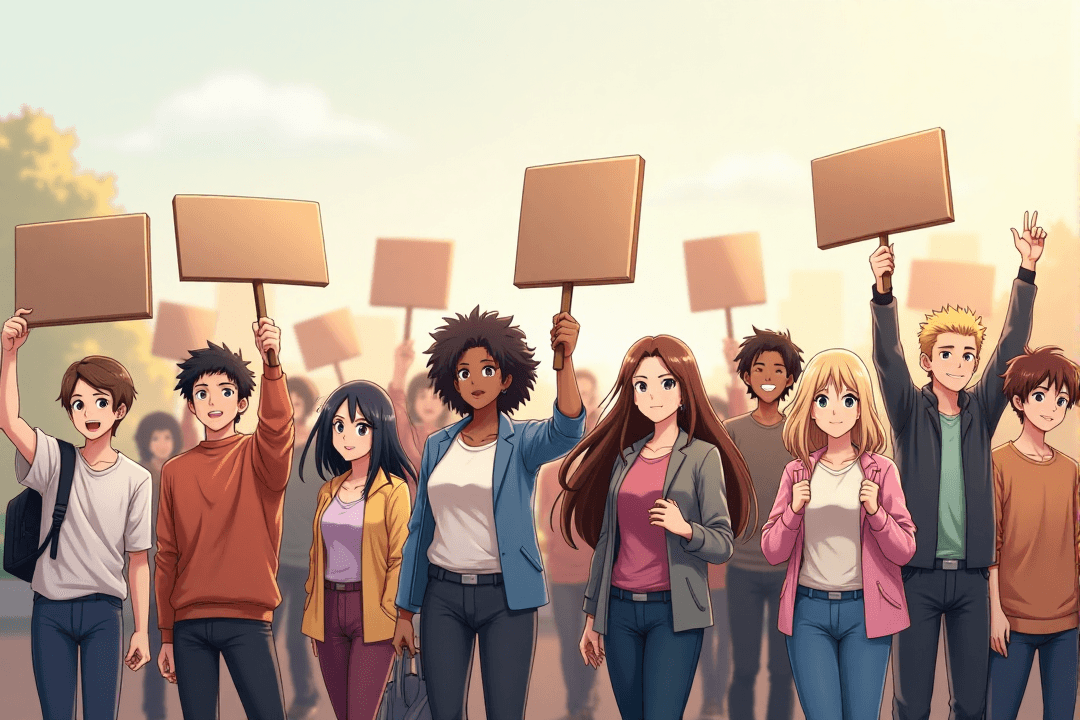
Social justice and human rights are not merely abstract ideals—they are dynamic forces that drive societal progress and empower communities. Embracing these principles means striving for fairness, equity, and dignity for everyone, while also laying a robust foundation for transformative social work. 😊
Defining Social Justice: Theoretical Foundations
Social justice is rooted in the belief that every individual deserves equal access to resources, opportunities, and rights. Theoretically, it challenges systemic inequalities by advocating for fairness and collective responsibility. Drawing from various philosophical and sociological perspectives, this framework underpins efforts to dismantle barriers and promote a society where everyone can thrive. To explore more about these foundational theories, you might visit resources offered by the National Association of Social Workers. ⚖️
Legal and Moral Underpinnings: Human Rights Basics
Human rights form the bedrock of social justice, enshrining basic freedoms and protections into law and moral practice. Anchored in documents like the Universal Declaration of Human Rights, these principles provide a legal and ethical compass for social work. They remind us that issues of discrimination, inequality, and injustice require both legal recourse and compassionate intervention. This dual framework ensures that rights are not just theoretical ideals but actionable standards for every community member.
Advocacy Strategies: Promoting Equity
Advocacy is the practical tool that brings social justice into reality. Social workers employ a variety of strategies—from policy reform initiatives to community organizing—to ensure that marginalized voices are heard. These advocacy efforts not only spotlight systemic inequities but also work towards sustainable change. For those interested in effective advocacy tactics, platforms like Human Rights Watch offer valuable insights and actionable strategies. 🚀
Community Empowerment: Grassroots Success Stories
At the heart of social justice lies the power of grassroots movements. Local communities have long demonstrated that change begins from within—through collaboration, mutual support, and shared determination. By leveraging local knowledge and collective action, these movements turn abstract ideals into tangible outcomes, from improved public services to enhanced community safety. Such success stories inspire social workers to build bridges and nurture empowerment on every level. 💪
Practical Applications: Translating Ideals into Action
Transforming theory into practice is where social work truly shines. Professionals translate the principles of social justice and human rights into everyday actions by designing programs, facilitating support services, and fostering environments that prioritize inclusivity. Whether it’s mediating conflicts, implementing community development projects, or offering direct support to those in need, these applications ensure that ideals become real change. For more hands-on examples and tools, check out the International Federation of Social Workers for comprehensive resources and case studies. 📝
By integrating these theoretical and practical dimensions, social justice and human rights come alive in every community they touch. Each strategy, from high-level advocacy to everyday empowerment, builds a more equitable society where every person’s voice matters. Continue exploring our series for further insights into the transformative world of social work, and join us in the ongoing journey toward a fairer, more compassionate future. 🌟



















Get Involved!
Leave a Comment